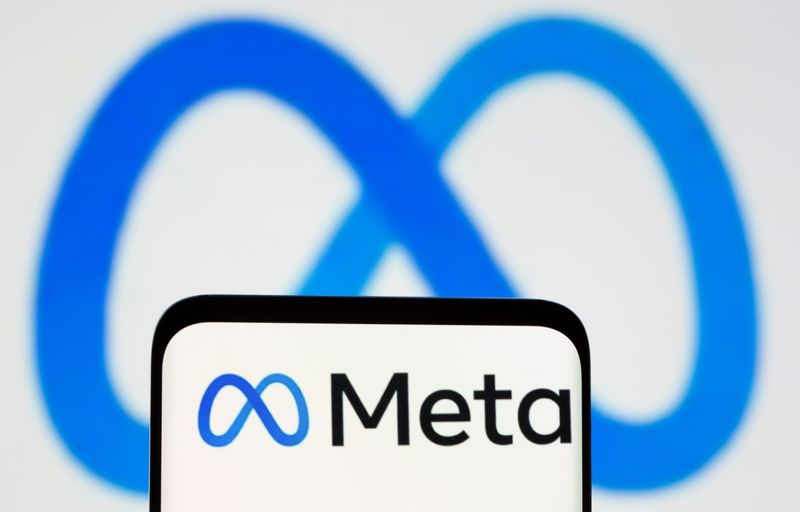Headline: "Meta Reinstates Facial Recognition Technology to Combat Fraud"
Meta Platforms Inc (NASDAQ:META), formerly known as Facebook, has announced the reintroduction of facial recognition technology after a three-year hiatus, specifically targeting a type of online fraud. The technology is being reintroduced to detect and block fake ads exploiting celebrities' images, a practice known as "celebrity bait."
As part of a trial starting in December, approximately 50,000 well-known individuals will be included in the system. This trial will involve the automatic comparison of individuals' Facebook profile photos with images in suspicious ads. If a match is found and the ad is believed to be fraudulent, Meta will block the ad. These prominent individuals will be informed about their inclusion in the trial and will have the option to opt out if they choose.
The trial will be implemented globally, excluding the United Kingdom, the European Union, South Korea, and the states of Texas and Illinois in the United States, where Meta lacks regulatory approval.
Monika Bickert, Meta's Vice President of Content Policy, stated that the initiative aims to protect well-known individuals whose images are misused in fraudulent ads. Bickert emphasized that the company intends to offer this protection broadly, but individuals can opt out of the system if desired.
This move is part of Meta's effort to balance the use of a technology that raises privacy concerns with addressing the regulatory issues related to the growing number of online frauds. When Meta disabled its facial recognition system in 2021, it faced significant public and regulatory scrutiny and erased facial scan data for a billion users. In August 2022, Meta reached a $1.4 billion settlement with the state of Texas over allegations of illegal biometric data collection.
The company also faces legal challenges for insufficiently preventing "celebrity bait" frauds, which often use AI-generated celebrity images to lure users into fake investment schemes.
Meta has committed to immediately deleting all facial data generated during the ad comparison process, regardless of whether fraud is detected. The technology has been tested through Meta's internal privacy and risk assessment process, and consultations were held with regulators, policymakers, and privacy experts before implementation.
Additionally, Meta plans to explore using facial recognition data to assist both celebrity and non-celebrity Facebook and Instagram users in regaining access to accounts locked due to hacked or forgotten passwords.
Meta's reintroduction of facial recognition technology indicates a cautious step in using technology to enhance security measures on its platforms while navigating the complex area of user privacy and regulatory compliance.


